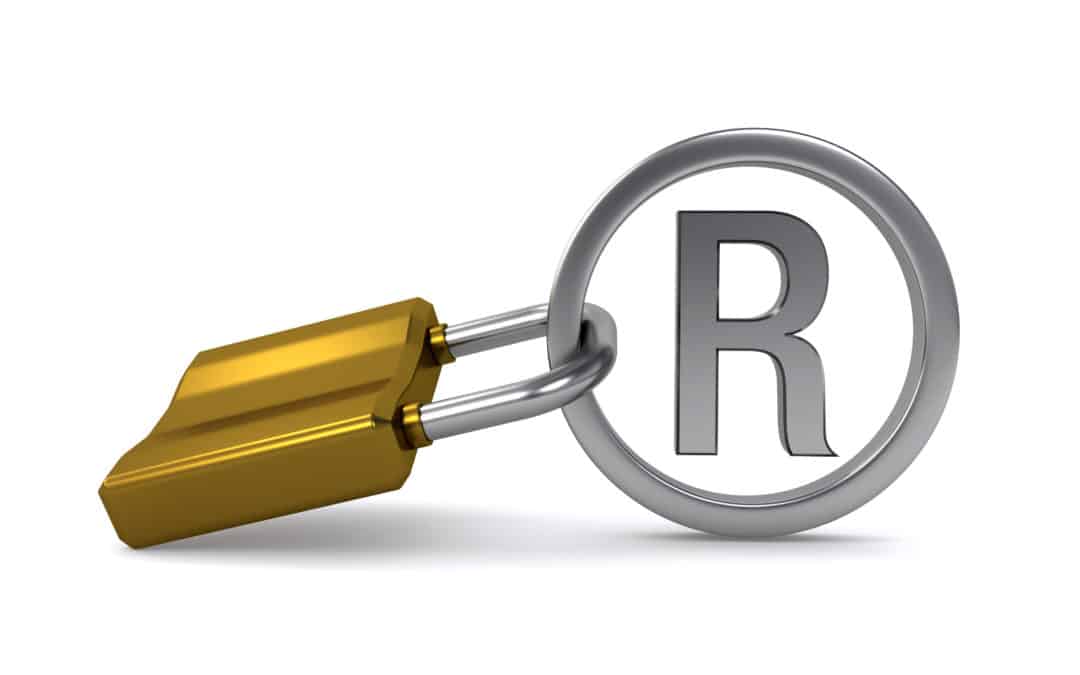The USPTO has issued Examination Guide 4-19 (August 2019), entitled “Requirement of U.S. Licensed Attorney for Foreign Trademark Applicants and Registrants.” (pdf here).
This was discussed on a previous video blog, also:
Effective August 3, 2019, amended Rule 2.11 requires foreign applicants, registrants, or parties to a trademark proceeding to be represented by a U.S. attorney. Furthermore, the USPTO may require such applicants, registrants, or parties to: (1) furnish information or declarations necessary to the proper determination of whether the applicant, registrant, or party is subject to the requirement for a U.S. attorney, and (2) to state whether assistance was received in a trademark matter before the USPTO and, if so, to disclose the name(s) of the person(s) providing such assistance and whether any compensation was given or charged.
In addition, all applications must include the applicant’s domicile address, and foreign applicants must appoint a U.S. attorney for the application to meet the requirements for a complete application. Foreign applicants submitting an application using the TEAS Plus filing option will be required to designate a U.S. attorney in the application in order to complete the submission of the application.
This new rule applies retroactively to pending TTAB matters. A foreign party to a TTAB case will be notified of the requirement to appoint counsel and the case will be suspended pending such appointment.
This new rule also applies to Madrid Protocol trademark applicants. Foreign-domiciled applicants who submit an application based on Section 66(a) (Madrid application), 15 U.S.C. §1141f, are also subject to the requirement to appoint a U.S. attorney. Madrid applications are initially filed with the International Bureau (IB) of the World Intellectual Property Organization and subsequently transmitted to the USPTO. There is currently no provision for designating a U.S. or any other local attorney in an application filed with the IB. Therefore, until an application submitted to the IB provides for such designation, the USPTO will not enforce the requirement to appoint a U.S. attorney prior to publication for those Madrid applications that comply with all formalities and statutory requirements when received by the USPTO, such that the application is in condition for publication upon first action. However, if the examining attorney issues an Office action that includes any substantive refusals and/or requirements, the examining attorney will also include a requirement to appoint a U.S. attorney or otherwise follow the procedures in Sections I.A.1-I.A.5, as appropriate.


Trackbacks/Pingbacks